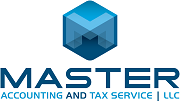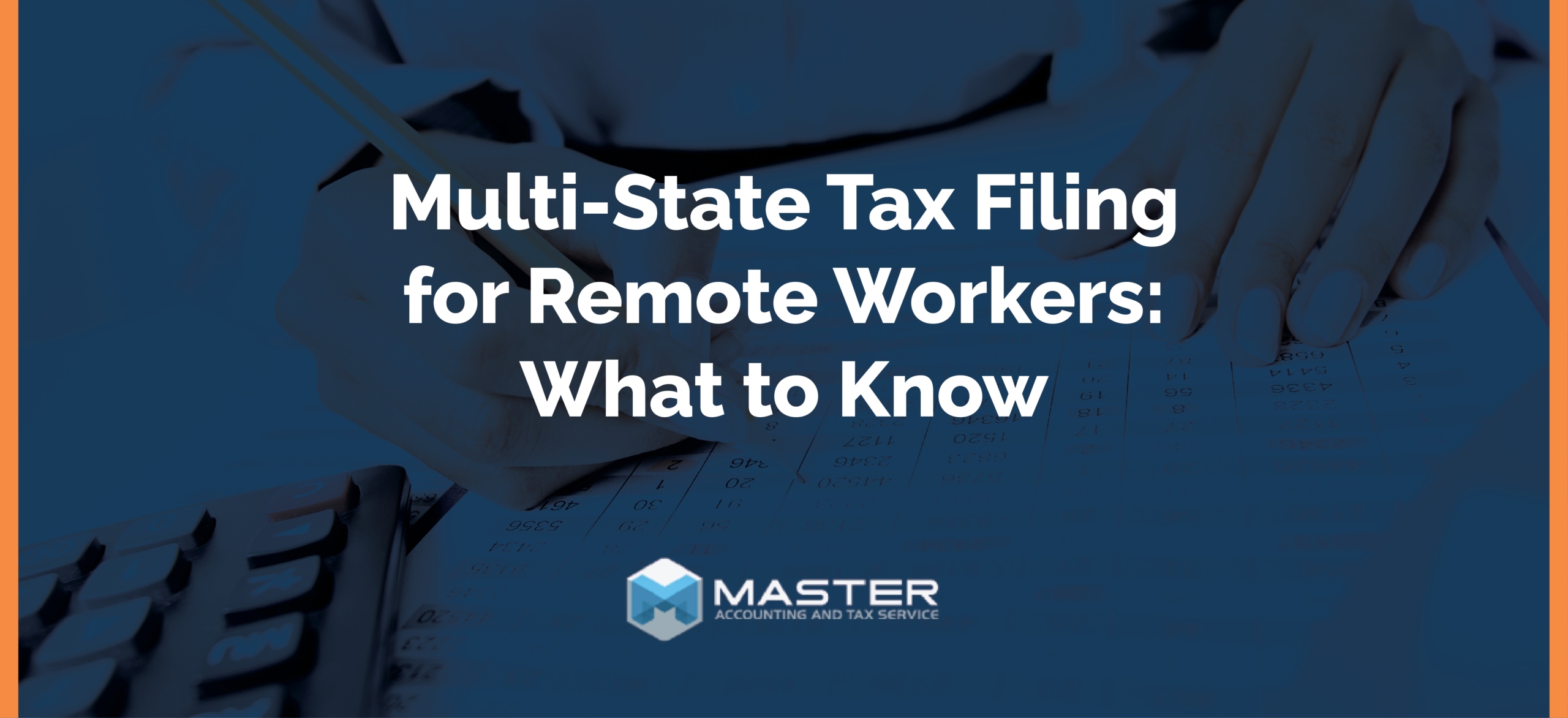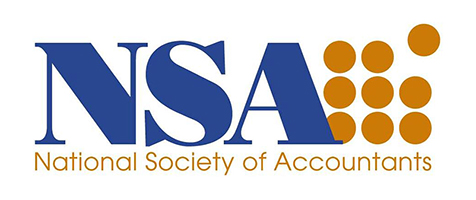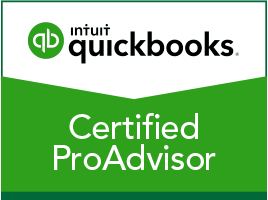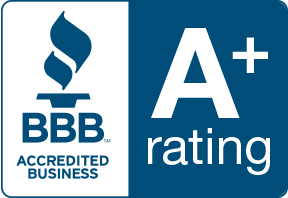Multi-State Tax Filing for Remote Workers: What to Know
Multi-state tax filing for remote workers means reporting income in more than one state.
You may live in one state but earn wages from a company located elsewhere.
The separation creates tax questions, since both states may want a share of your income tax.
Multi-state filing is becoming more common as remote work continues to grow nationwide.
According to Neat.no, about 32.6 million people in the U.S (22% of the workforce) work remotely in 2025.
Many struggle with tax filing due to differing state rules.
Conflicts often lead to confusion, extra forms, or even double taxation.
Here’s more on multi-state tax filing and how to handle it as a remote worker.
Do You Pay Local Taxes if You Work Remotely?
Local taxes are income taxes charged by a city, county, or other smaller jurisdiction.
They are separate from state taxes and often fund schools, roads, and community services.
Some areas tax all residents, no matter where their job is located.
Others tax you only if you perform work within their borders.
As part of remote work taxation, you may still owe local taxes depending on your residence.
Always review local rules before filing to avoid costly surprises.
What Is the Difference Between State and Local Income Tax?
State governments charge state income tax on income earned within their borders.
It applies to both residents and nonresidents who receive income from that state.
Local income tax is different because it comes from cities, counties, or townships.
Some places apply it to every resident, no matter where they work.
Others only apply it if you perform services within the local area.
Not every state permits local taxes, but Ohio and Pennsylvania do.
Understanding the difference improves your knowledge of state tax regulations and helps you avoid filing errors during tax season.
What Remote Workers Should Know About Multi-State Tax Filing
As a remote worker, you might move to a state with lower living costs.
Moving can save money on:
- Housing
- Food
- Transportation
- Utilities
- Healthcare
- Childcare
However, it can also lead to complicated tax obligations if your employer is based in a different state.
Multiple states might try to claim taxes on the same income.
Understanding the rules helps protect you, reduce costs, and file confidently.
Your Resident State Always Taxes You
Your resident state usually taxes all income, regardless of where your employer is based.
Even temporary moves don’t always change your resident status.
Keep proof of where you live, such as:
- Lease agreements
- Utility bills
- Driver’s license
- Voter registration
- Bank statements
Clear evidence makes it easier to defend your residency claim.
Staying organized ensures that remote work taxation doesn’t overwhelm you during filing season.
The “Convenience of the Employer” Rule Matters
The “convenience of the employer” rule decides which state can tax your income.
It applies when you work from home by choice, not necessity.
Some states still tax you as if you worked at the employer’s office.
It can create overlapping obligations with your resident state.
Ask questions early to avoid surprises during filing.
Understanding the rule is crucial for adhering to state tax regulations and maintaining full compliance.
A Tax Professional Can Save You Money
Tax professionals understand multi-state rules better than most remote workers.
They can:
- Prevent mistakes
- Reduce tax bills
- Find credits
- Identify deductions
- Organize documents
- Ensure timely filing
Investing in professional tax preparation services can protect your money and peace of mind.
If you need help with tax preparation in Arizona, consider Master Accounting and Tax Service, LLC (MATS).
We are committed to helping you stay compliant, lower your costs, and file with confidence.
Our team makes multi-state tax compliance easier for remote workers.
Tax Credits Help Avoid Double Taxation
Remote workers often worry about paying tax twice on the same income.
Many states provide tax credits to offset amounts already paid to another state.
Claiming these credits requires careful recordkeeping and filing accurate forms.
Tracking income sources and payments helps ensure you qualify.
Without credits, you could overpay by hundreds or thousands of dollars.
Filing correctly saves money and avoids errors.
Tax credits play a key role in multi-state tax compliance and protecting your earnings as a remote worker.
Frequently Asked Questions
Can moving temporarily for work affect my tax residency status?
Temporary moves for work may not change your official residency.
Many states still consider your home state permanent if you keep ties there.
Keep documentation like lease agreements, utility bills, and driver’s licenses to support your residency claim.
Are there penalties for late multi-state filings even if I paid taxes elsewhere?
Yes, states can impose penalties and interest for late filings, even if you paid taxes to another state.
Each state expects the timely submission of returns. Failing to file can result in fines or additional interest.
How do states define “income sourced” when I work remotely for clients in multiple states?
Income is usually considered sourced where the work is physically performed.
Some states consider the client’s location or where services are delivered.
Keeping clear records of work dates, hours, and locations makes it easier to determine tax liability.
Can moving across state lines mid-year allow me to file part-year returns in both states?
Yes, moving mid-year typically allows for filing part-year resident returns in each state.
You pay taxes only on the income earned while living there.
Accurate records of move dates and income allocation are essential for correct filing and avoiding penalties across states.
Are freelance or gig workers treated differently from full-time remote employees?
Freelancers usually receive 1099 forms, while employees get W-2s.
They handle their own tax withholding and may need to pay quarterly estimated taxes.
States can treat them differently for deductions, credits, and filing requirements.
Multi-State Tax Filing for Remote Workers Made Simple
Multi-state tax filing for remote workers requires careful planning and accurate records.
Knowing state rules helps you avoid mistakes and reduce your tax burden.
If you need help, Master Accounting and Tax Service, LLC (MATS) can guide you.
We have over 20 years of experience in taxes and payroll. We hold an A+ BBB rating, showing our trusted reputation and expertise.
We provide secure online access for all your tax documents.
Contact us for personalized help with your multi-state tax filing.
Looking for Payroll Services in Gilbert AZ?
Connect with Master Accounting and Tax Service for reliable payroll solutions tailored to your business. With over 20 years of experience, our dedicated team ensures accuracy, compliance, and affordability, giving you peace of mind while you focus on growing your business.
Call (480) 456-4999 or contact us today to get started!

Master Accounting and Tax Service, led by owner Bill Mease and his team, provides accounting, tax, bookkeeping, payroll, and fractional CFO/controller services for individuals and businesses across Arizona and New Mexico. Reach out today to request a consultation with a trusted accounting and tax team.
